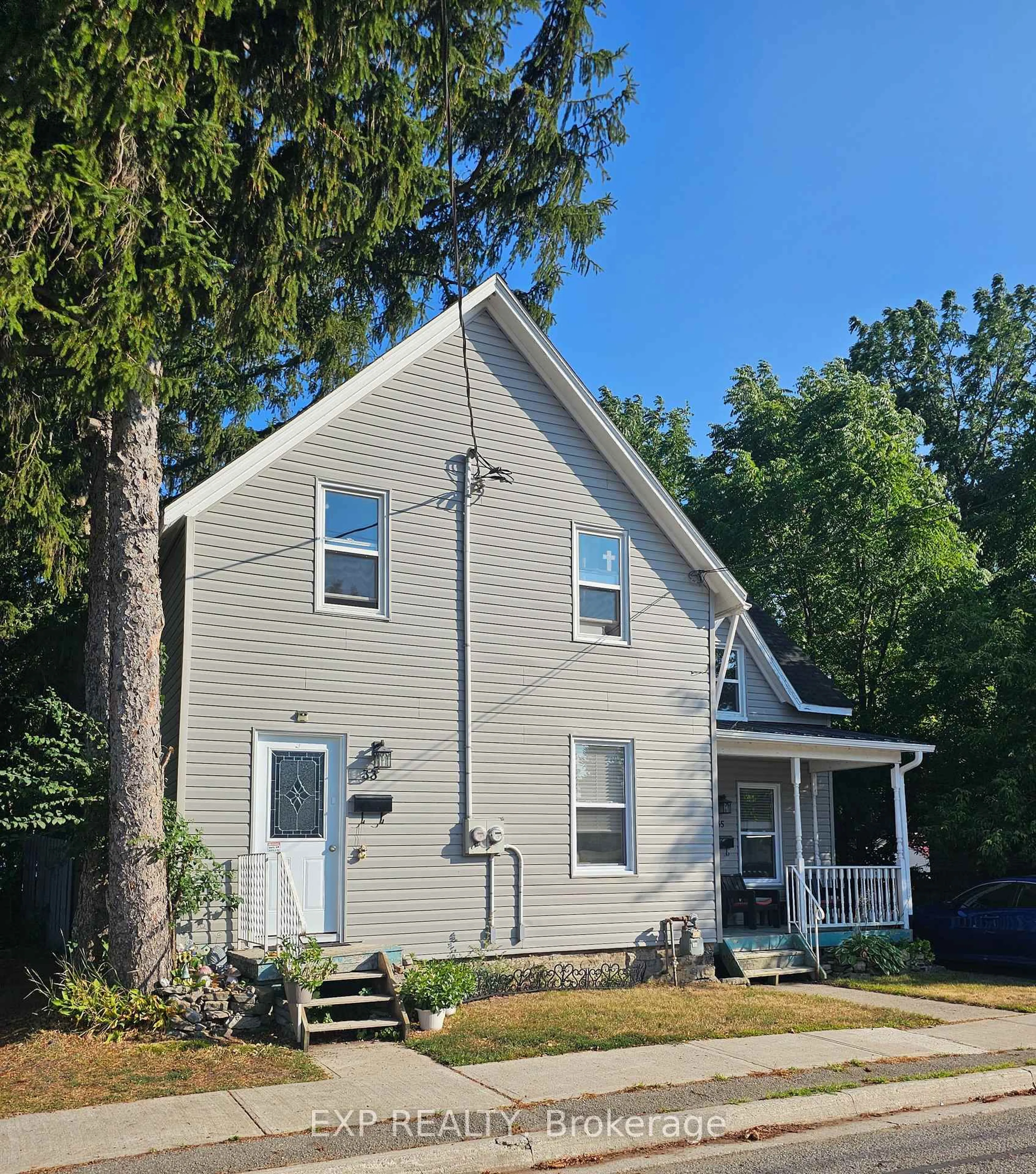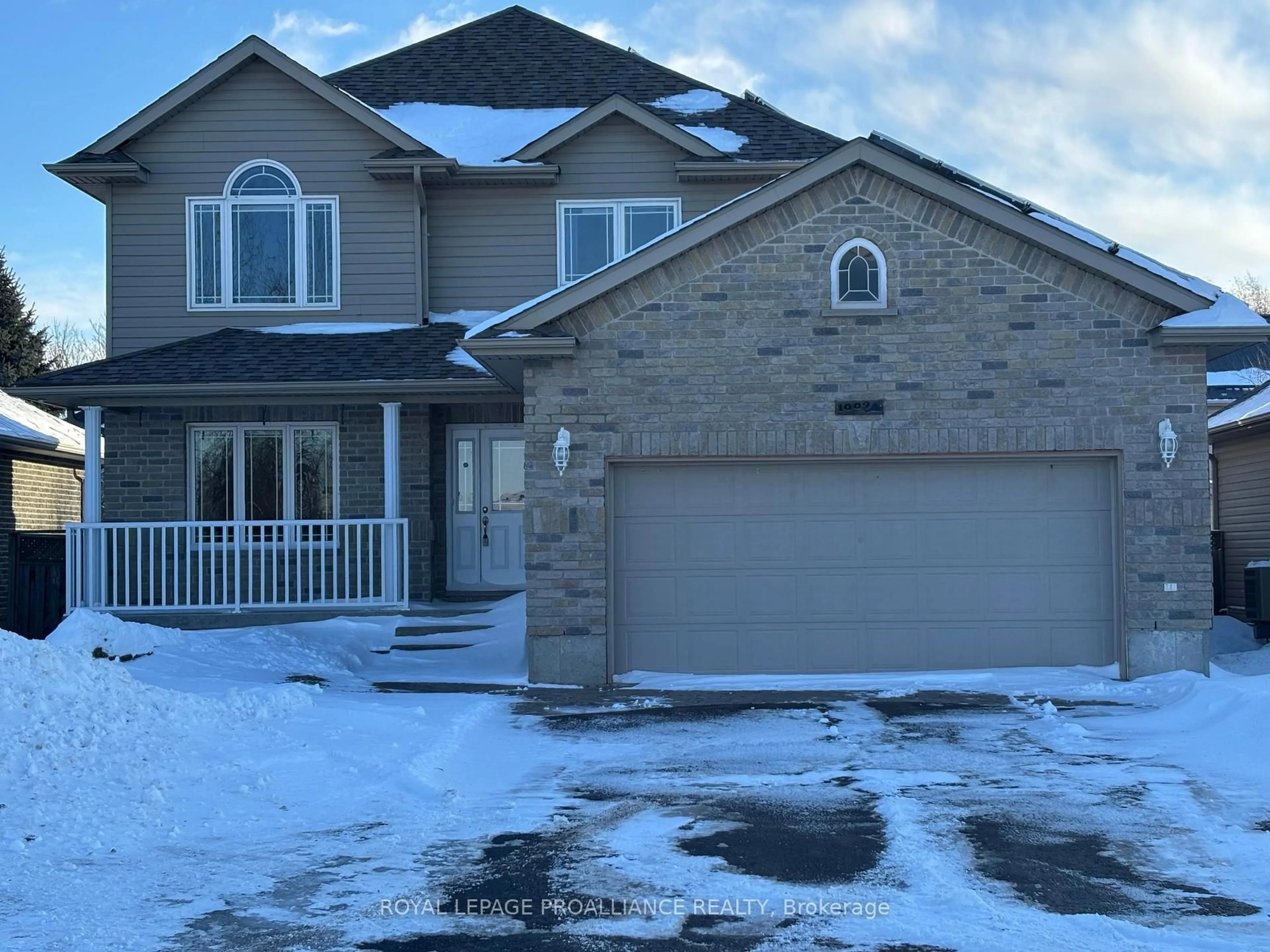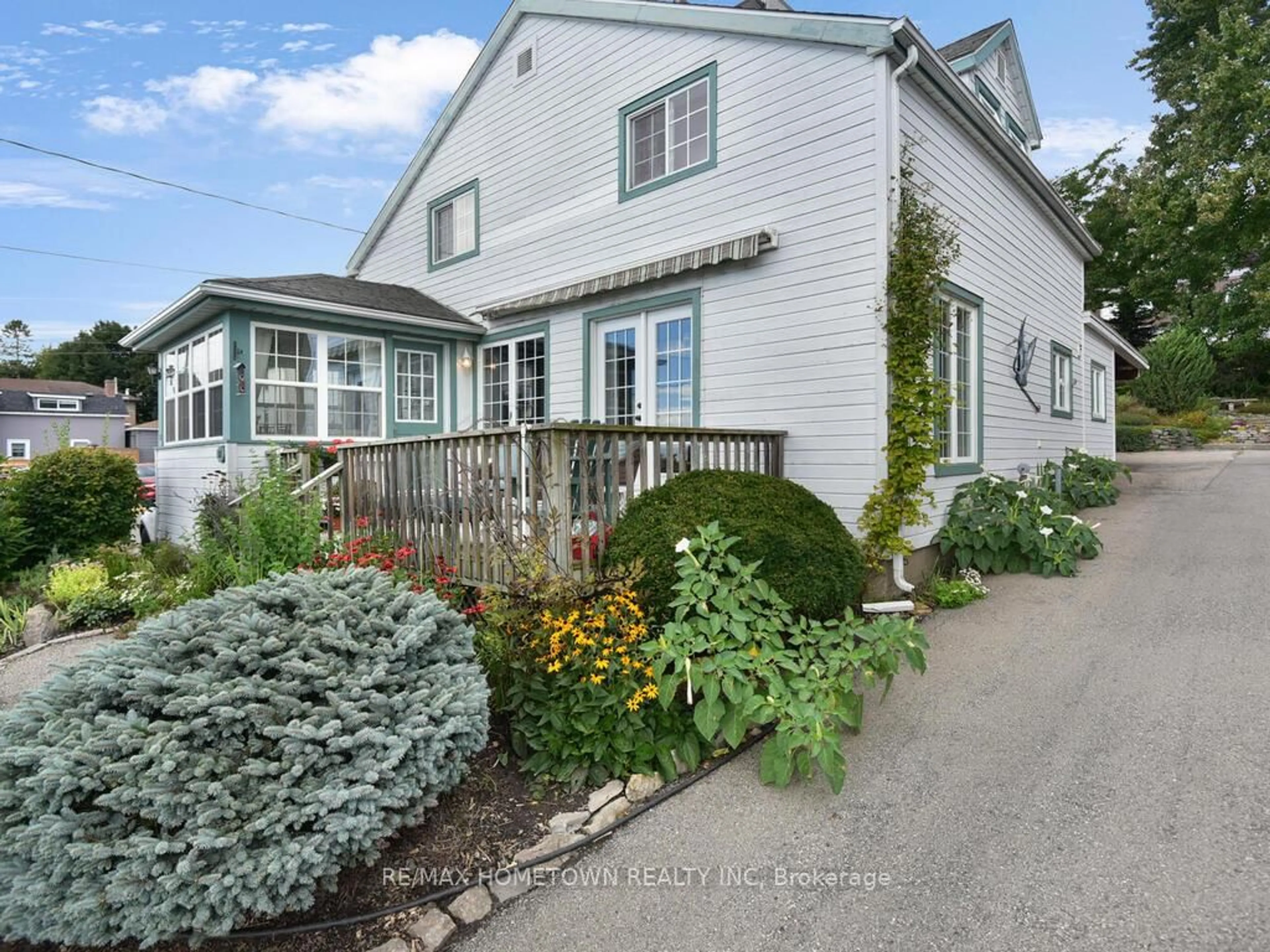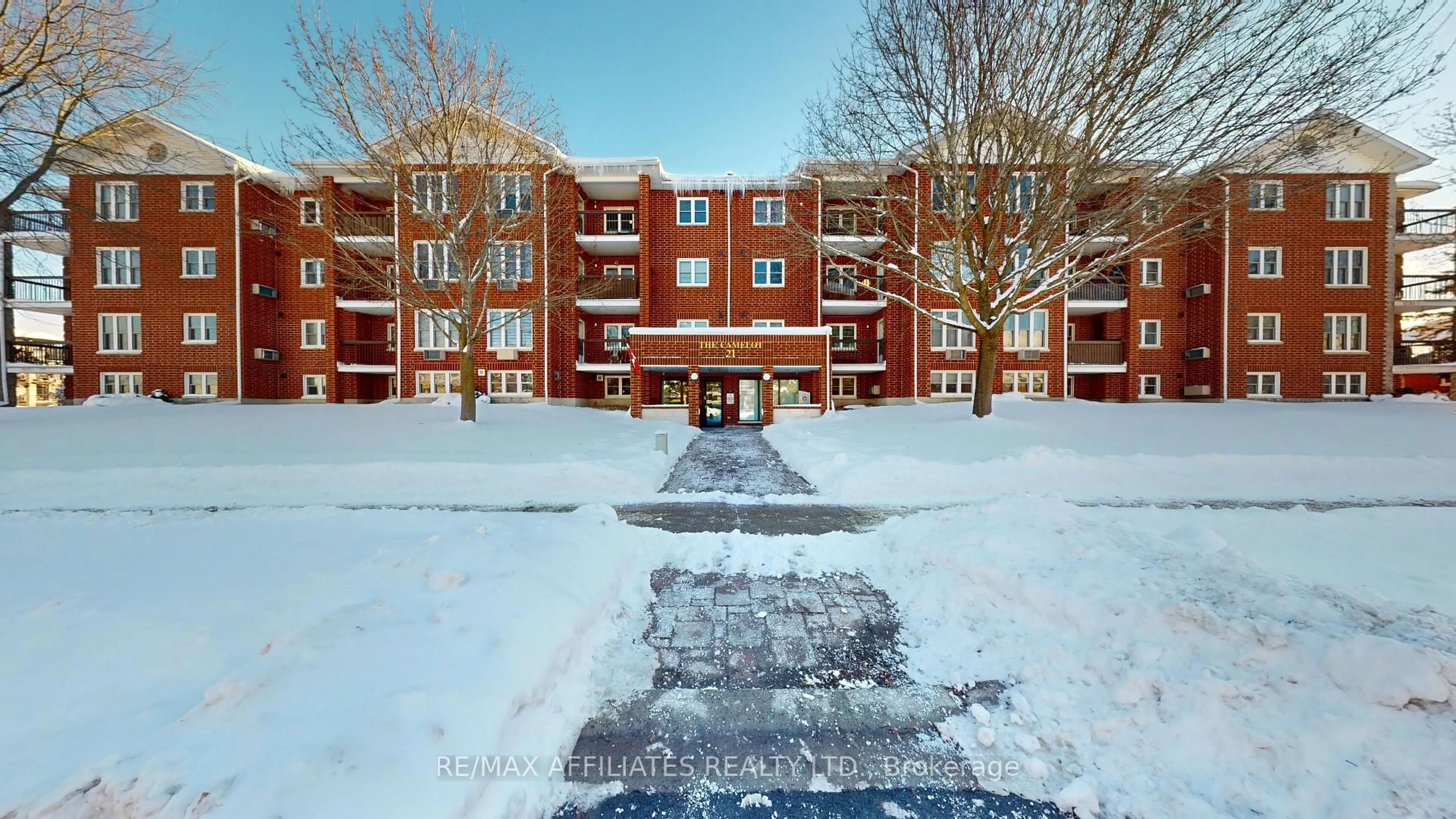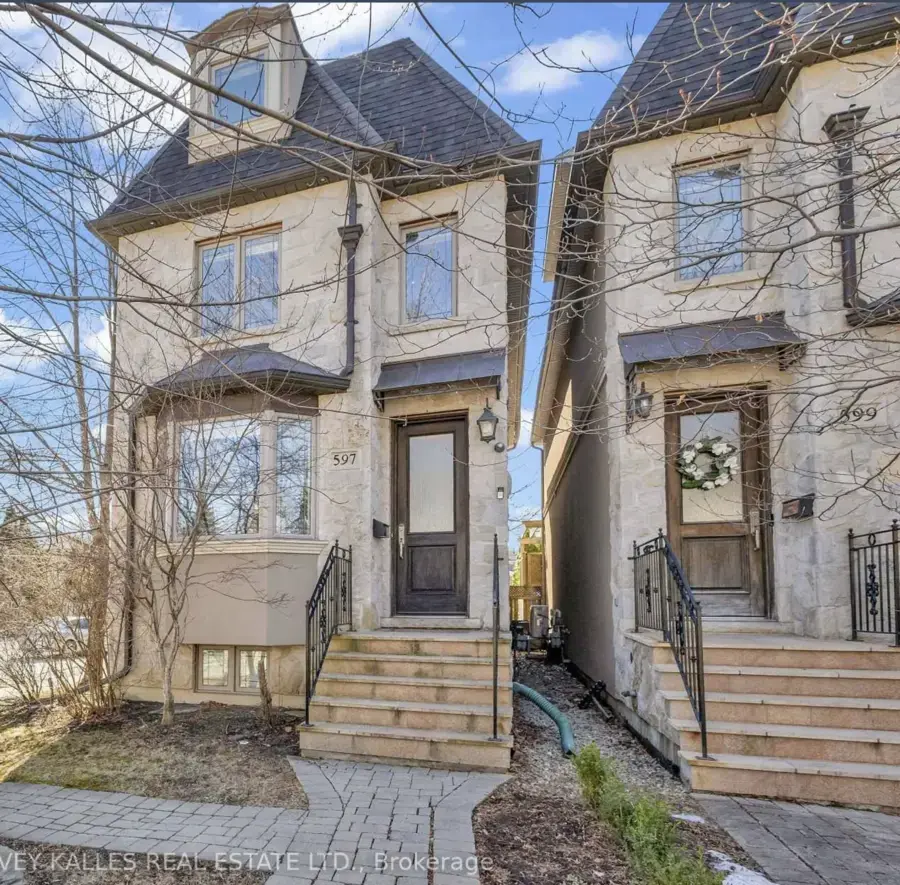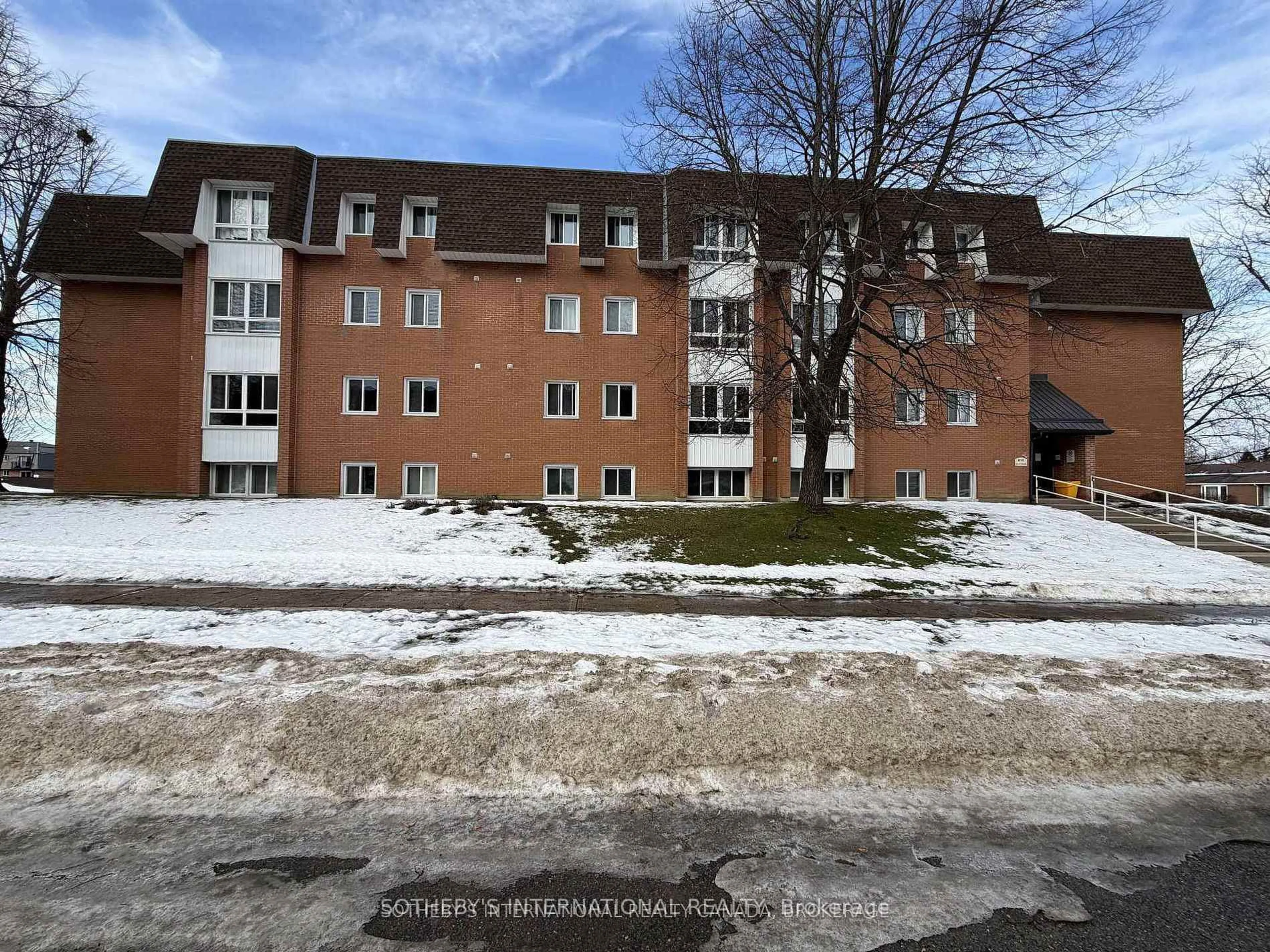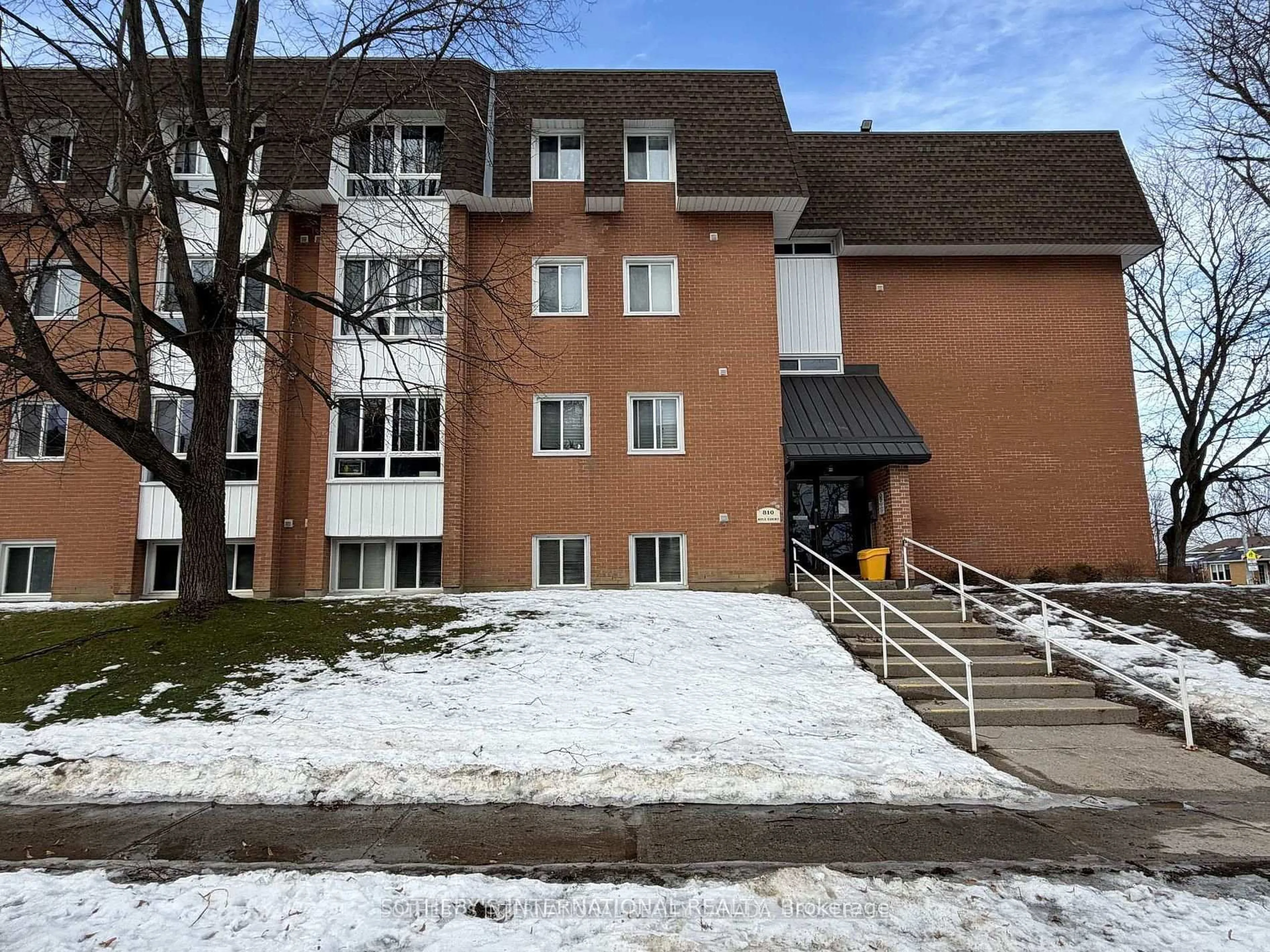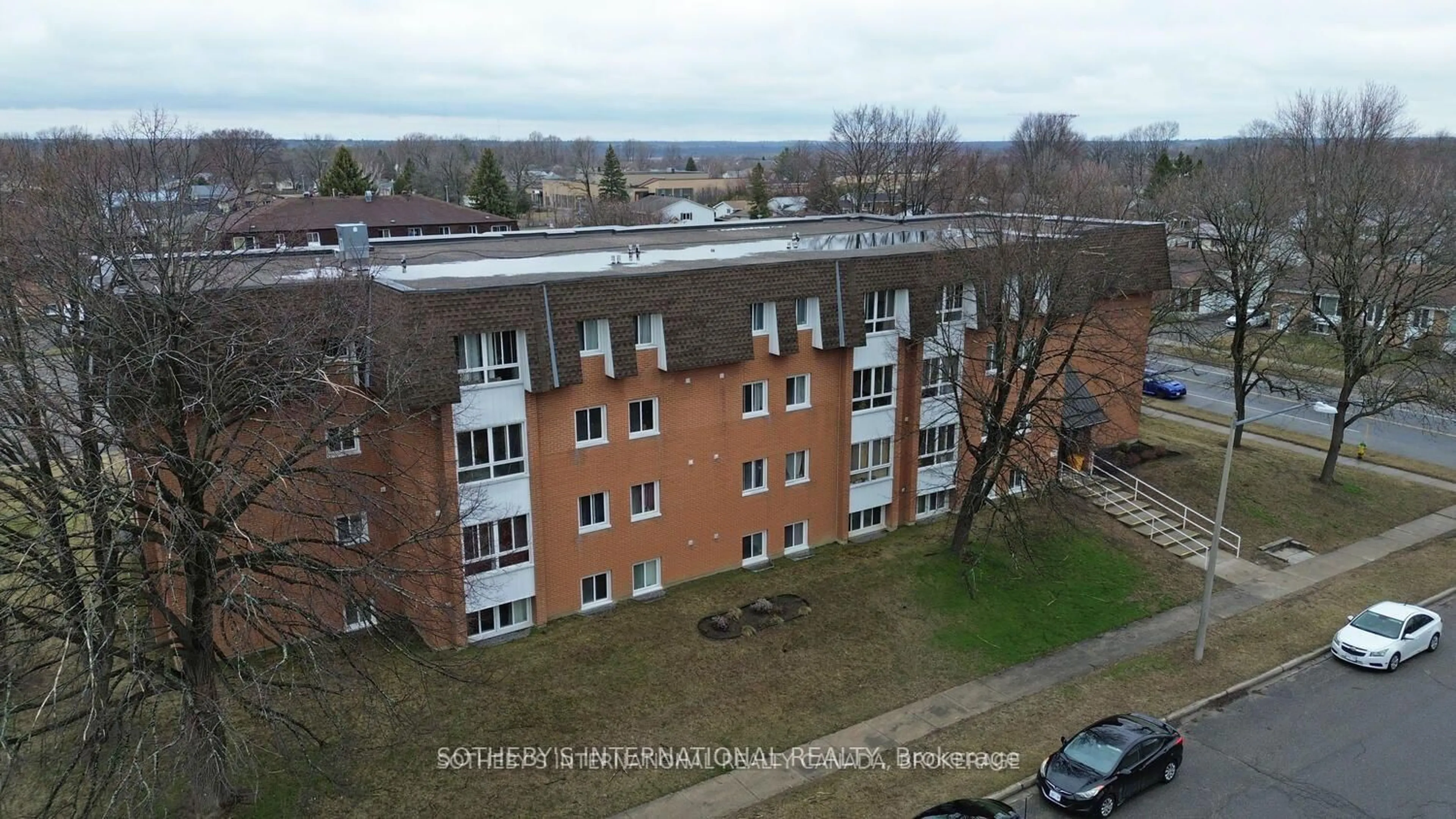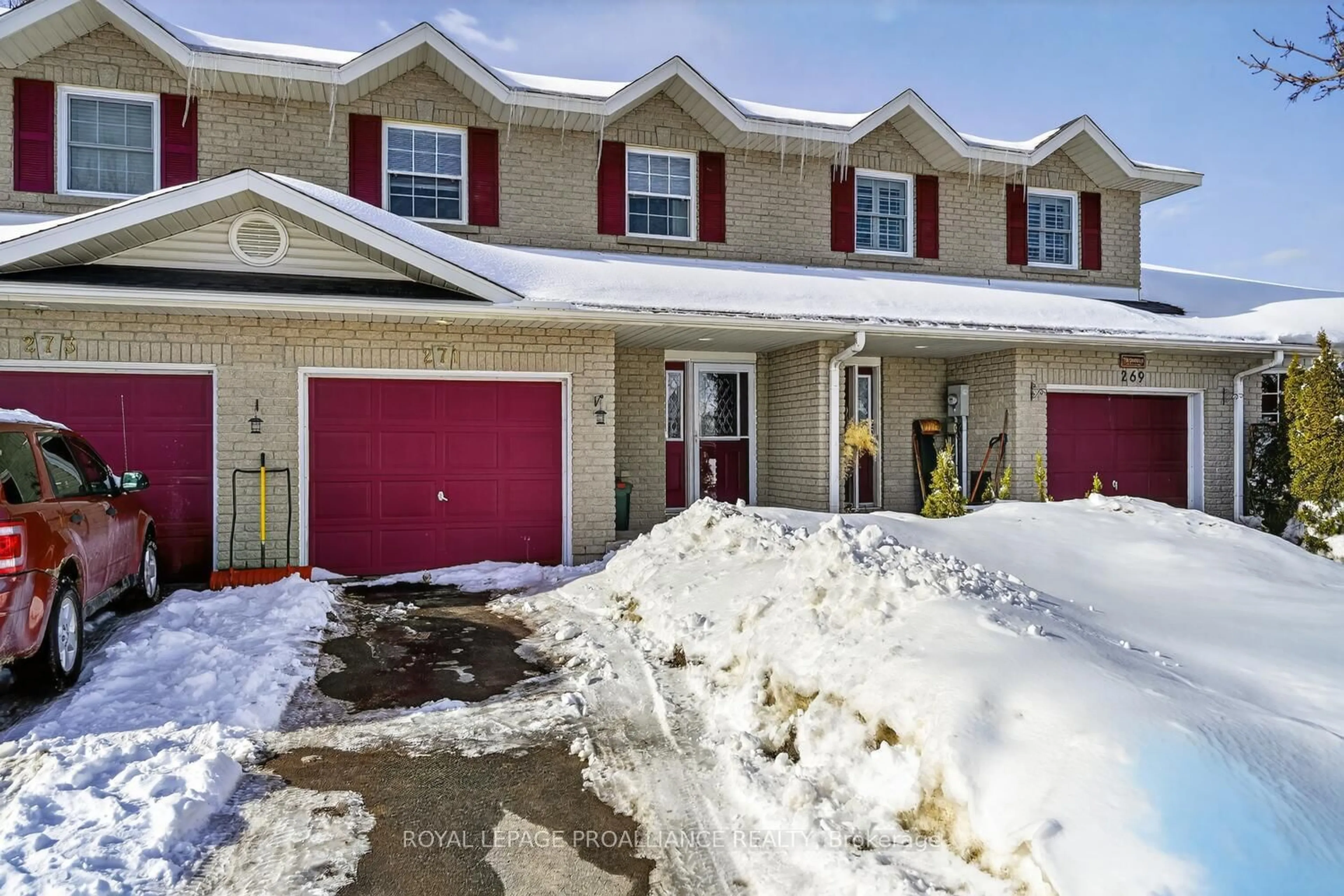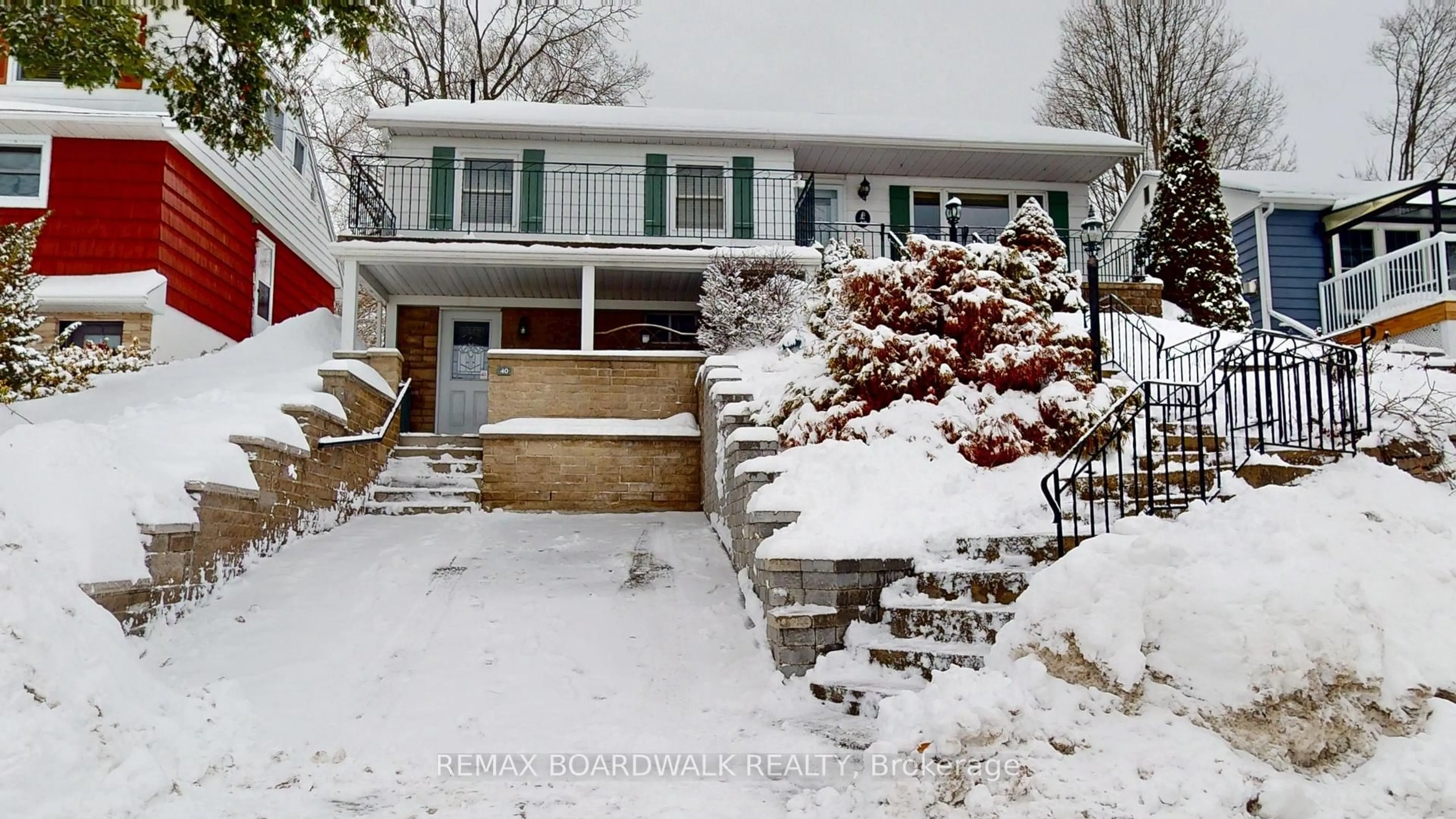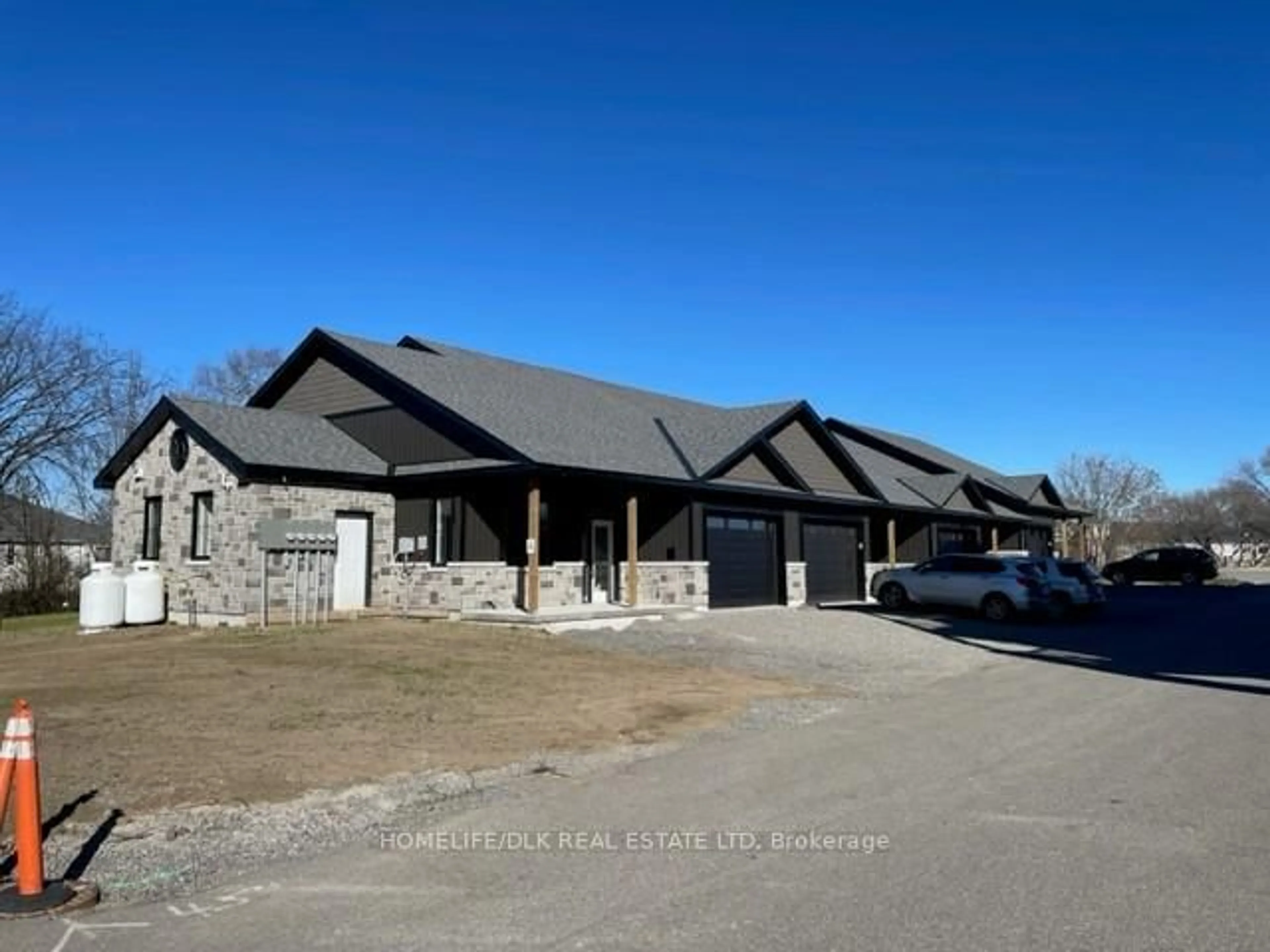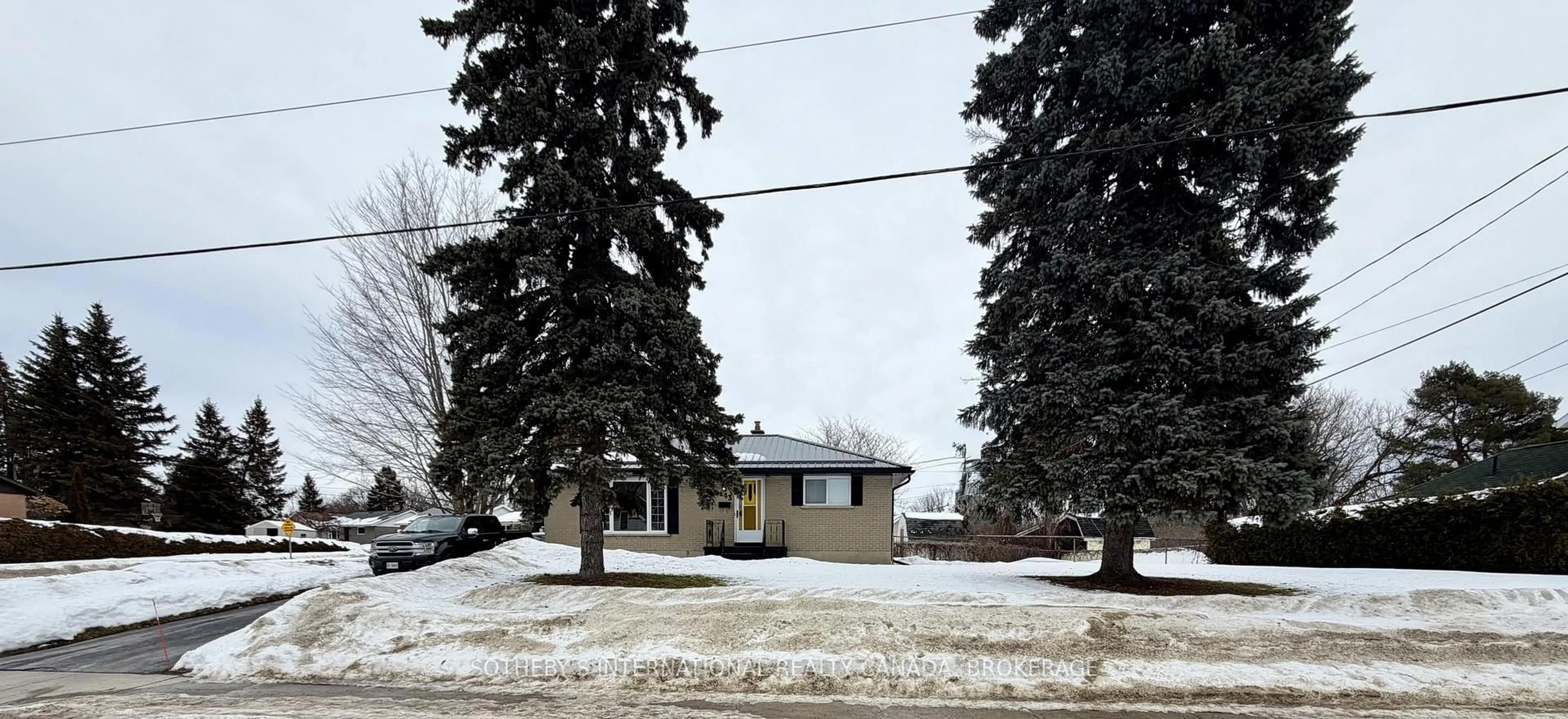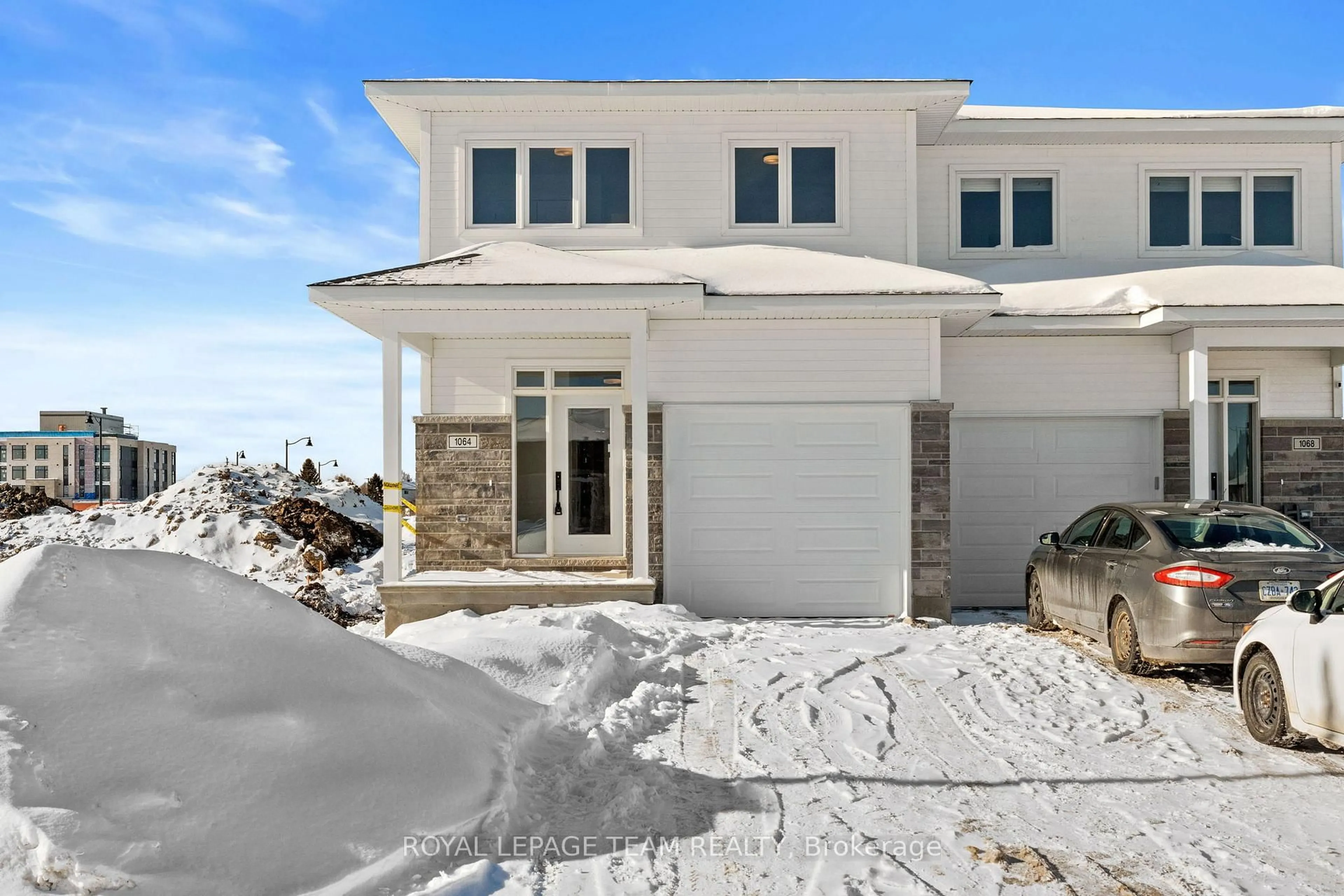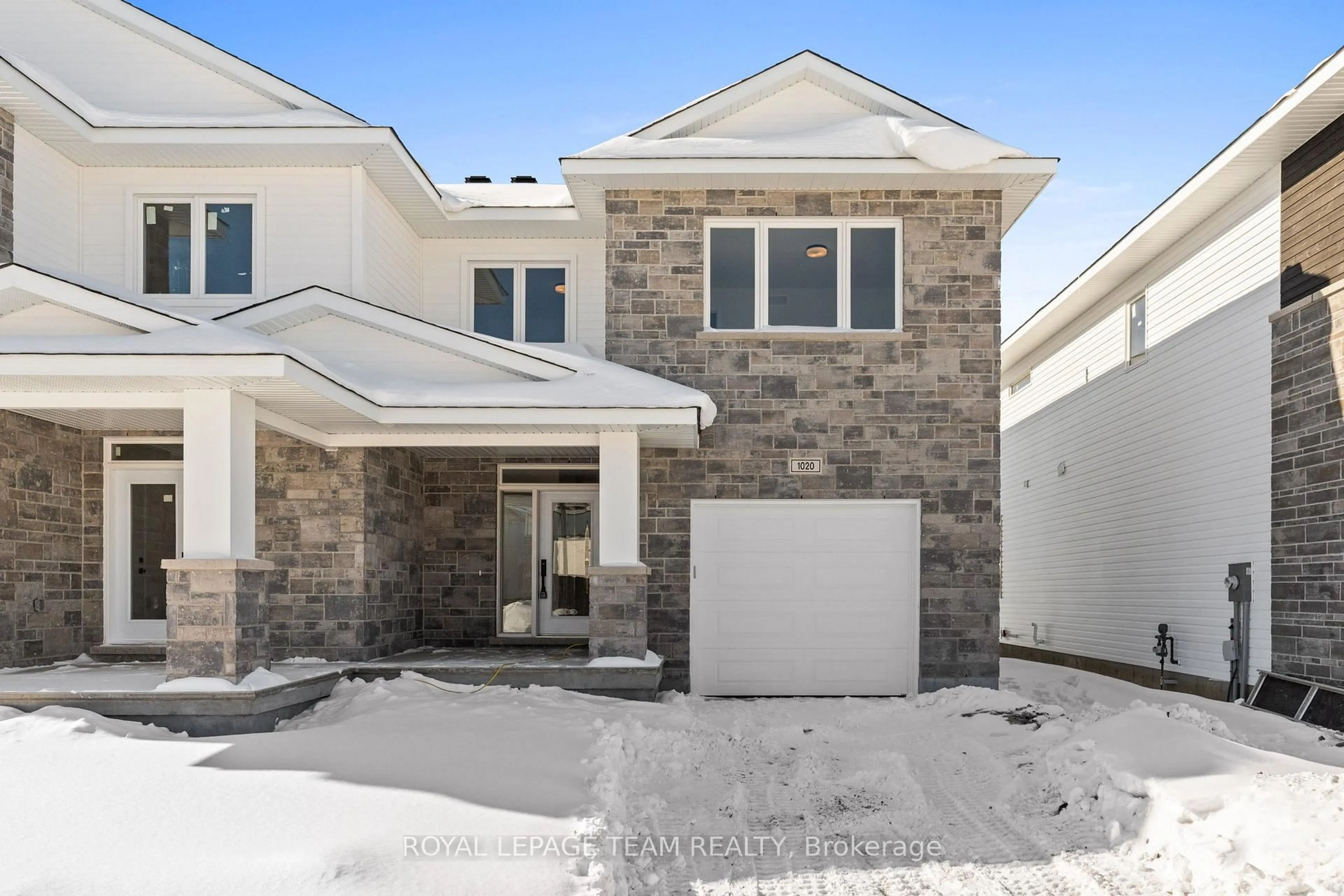Days on market
Bedrooms
Bathrooms
Property type
Homes For Sale in Brockville
Tour homes in this area
We'll be in touch shortly to help you with your home search.
Brockville Real Estate Market FAQs
Last updated Feb 27, 2026How many real estate listings are currently for sale in Brockville?
As of today, the Brockville real estate market currently has 46 detached homes, 11 semi-detached homes, 25 condos, and 14 townhouses, totaling 96 listings in Brockville.
How many new properties were listed in Brockville in the last 30 days?
In the last month, Brockville has 20 new detached homes, 0 new semi-detached homes, 10 new condos, and 6 new townhouses, totaling 36 new properties listed.
How many open houses are there in Brockville?
As of today, there are 14 open houses in Brockville
How much does a detached home cost in Brockville?
In the last month, the median sold price for a detached home price in Brockville is $388,700, which is an decreased of 9.3% on the same period last year.
How much does a condo cost in Brockville?
In the last month, the median sold price for a condo price in Brockville is $235,000, which is an decreased of 40.4% on the same period last year.
How much does a townhouse cost in Brockville?
In the last month, the median sold price for a townhouse price in Brockville is $430,000, which is an increased of 9.5% on the same period last year.
Population & demographics
Total population
21,166
Population age (%)
Household
Average household income
$96,821
Household composition (%)
Owners / Renters (%)
Mother Tongue (%)
How much does it cost to live in Brockville?
Detached
Median Selling Price$388,700
Average Days on Market
47.8
#Active Listings (January)
46
#Sold Listings (January)
5
Semi-Detached
Median Selling Price$590,900
Average Days on Market
168
#Active Listings (January)
12
#Sold Listings (January)
1
Townhouse
Median Selling Price$430,000
Average Days on Market
40
#Active Listings (January)
16
#Sold Listings (January)
2
Condo
Median Selling Price$235,000
Average Days on Market
52
#Active Listings (January)
24
#Sold Listings (January)
2
Top 5 Schools in Brockville
Brockville Review
Transportation
Car Friendly
Excellent access to freeways and major arteries, with a vast amount of parking nearby
Pedestrian Friendly
Few day-to-day needs are within walking distance
Shopping, Food and Nightlife
Cafes
Few or no cafés within walking distance
Groceries
At least one grocery store within a 30-minute walk
Nightlife
Few or no bars within walking distance
Shopping
Some shops within walking distance
Restaurants
Some restaurants within walking distance
Greenery & Character
Quiet
Some sources of noise nearby
Vibrant
Quiet atmosphere at all hours
